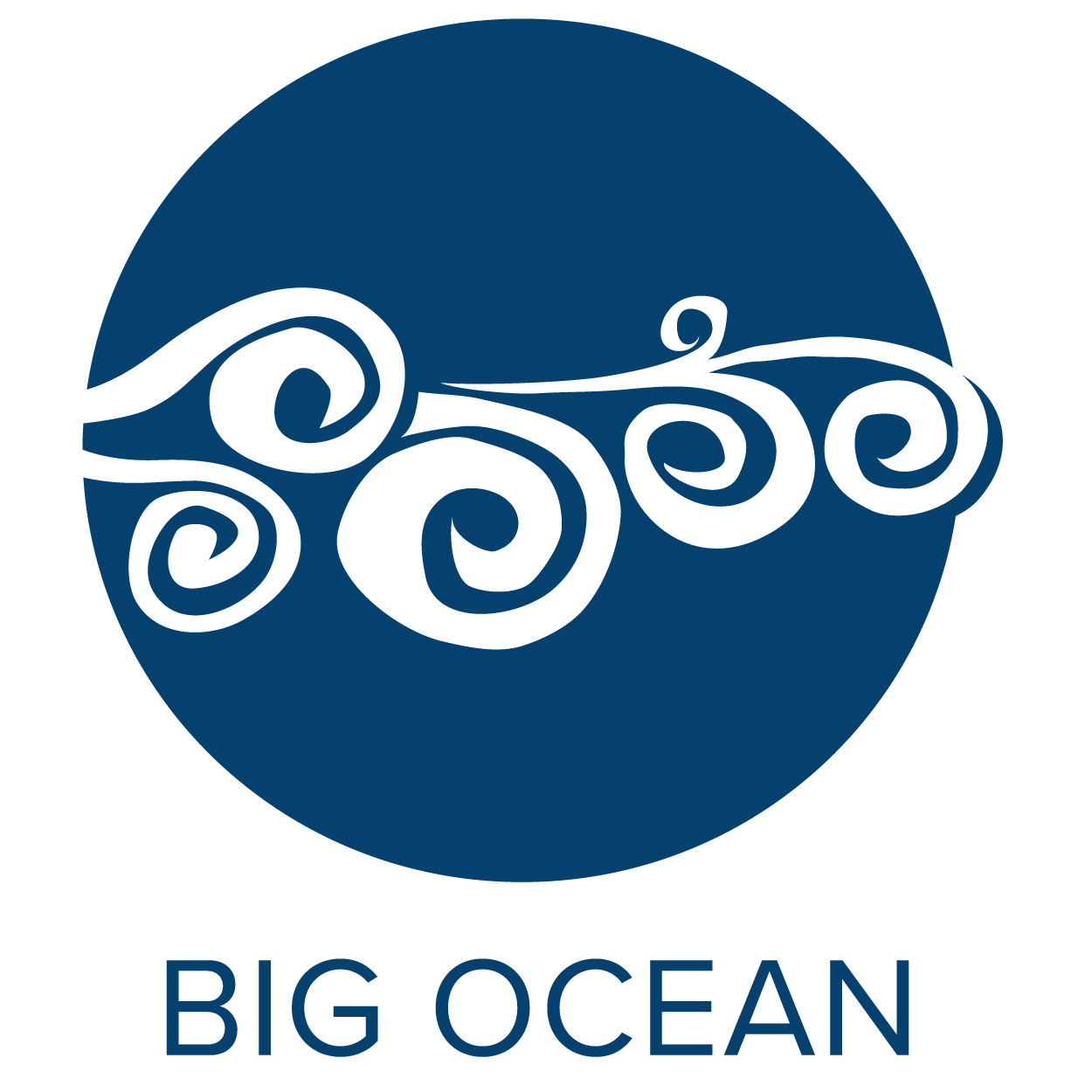Exploring the Deep | A Conversation with Marcus Eriksen
Marcus Eriksen is the co-founder of Leap Lab, as well as the Research Director and co-founder of the 5 Gyres Institute. He studies the global distribution and ecological impacts of plastic marine pollution, which has included expeditions sailing through all 5 subtropical gyres, Bay of Bengal, Southern Ocean and inland lakes and rivers, recently publishing the first global estimate of all plastic of all sizes floating in the world’s oceans, totaling 270,000 metric tons from 5.25 trillion particles.
In 2013 he and colleagues published the discovery of microbeads in the Great Lakes, which became the cornerstone for a US-based campaign to eliminate plastic microbeads from cosmetics, resulting in the Microbead-Free Waters Act, which became US federal law in 2015.
Years earlier, in 2000, he traveled to Midway Atoll, finding hundreds of Laysan Albatross with plastic pouring out of their stomachs, and that experience narrowed his focus to plastics. He received his Ph.D. in Science Education from University of Southern California in 2003, months before embarking on a 2000-mile, 5-month journey down the Mississippi River on a homemade raft of plastic bottles to bring attention to this issue. Again in 2008, he rafted across the Pacific Ocean from California to Hawaii on JUNK, floating on 15,000 plastic bottles and a Cessina airplane fuselage as a cabin (junkraft.com). The journey, 2,600 miles in 88 days, brought attention to the work of the 5 Gyres Institute, the organization he co-founded with his wife Anna Cummins.
His first book, titled “My River Home” (Beacon Press, 2007) chronicled his Mississippi River experience paralleled with his tour as a Marine in the 1991 Gulf War. His second book, titled "JUNK RAFT: An oceanic voyage and the rising tide of activism to fight plastic pollution" (Beacon Press, 2017) tells the story of how plastic pollution at sea was discovered, the impact on people and the planet, and the growing movement to solve the problem through zero waste initiatives in the largest cities worldwide.
Listen to the episode above or wherever you get your podcasts.

